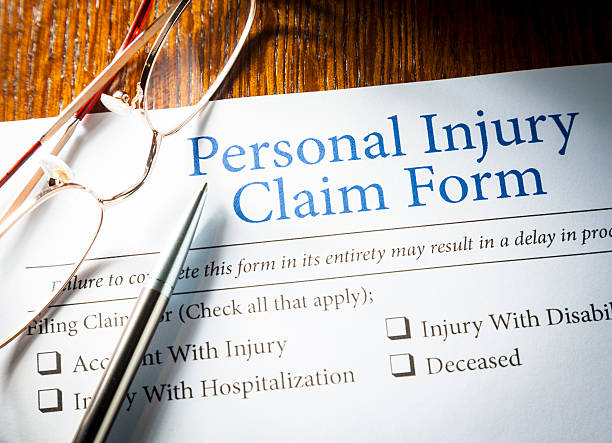How Much Does a Personal Injury Lawyer Cost? Breaking Down Fees
Hiring a personal injury lawyer can feel daunting, especially when you’re already facing medical bills and lost income. The good news? Most personal injury lawyers work on a contingency fee basis, meaning you pay nothing upfront. But what are the costs involved, and how do they work? This guide breaks down the fee structure, explores additional expenses, and highlights the benefits of free consultations. By understanding these details, you can approach your case with confidence, knowing what to expect financially and how to avoid potential pitfalls.
Understanding the Contingency Fee Model
Most personal injury lawyers use a contingency fee arrangement, which is designed to make legal help accessible. Here’s how it works:
- No Upfront Costs: You don’t pay any fees unless your lawyer wins or settles your case. If you don’t receive compensation, you owe nothing.
- Percentage-Based Fee: If your case succeeds, the lawyer takes a percentage of your settlement or court award, typically 30% to 40%. For example, if you receive $100,000, a 33% fee means the lawyer gets $33,000.
- Agreed in Advance: The percentage is outlined in a written fee agreement signed before the lawyer begins work, ensuring transparency.
- Motivated Representation: Since the lawyer’s payment depends on your success, they’re incentivized to maximize your compensation.
This model removes financial barriers, allowing you to pursue justice without worrying about hourly rates or retainers. However, the exact percentage can vary based on the lawyer’s experience, your location, or the case’s complexity, so it’s worth discussing during your initial consultation.
Other Potential Costs in a Personal Injury Case
While contingency fees cover the lawyer’s services, some cases involve additional expenses. These costs, often called “case expenses,” may include:
- Court Filing Fees: Charges for submitting legal documents to the court, typically $100-$500, depending on the jurisdiction.
- Expert Witness Fees: Payments for professionals, like medical experts or accident reconstruction specialists, who provide testimony. These can range from $1,000 to $10,000 or more.
- Deposition Costs: Fees for transcribing witness statements during the discovery phase, often $500-$2,000.
- Medical Record Retrieval: Costs for obtaining official copies of your medical records, usually $50-$200.
In most cases, these expenses are advanced by the lawyer and deducted from your settlement after the case concludes. However, some lawyers may require you to cover certain costs upfront or repay them even if you lose. Always clarify who pays these expenses and how they’re handled in the fee agreement to avoid surprises.
The Advantage of Free Consultations
Many personal injury lawyers offer free initial consultations, which provide significant benefits:
- No-Obligation Evaluation: You can discuss your case, learn its potential value, and understand your legal options without any cost or commitment.
- Risk-Free Decision: If you choose not to proceed, you owe nothing, making it a low-pressure way to explore your claim.
- Fee Discussion: Consultations are an opportunity to ask about the lawyer’s contingency fee percentage and any additional costs, ensuring transparency from the start.
Free consultations typically last 30-60 minutes and can be in-person, over the phone, or virtual. They allow you to gauge the lawyer’s expertise and communication style while getting a clearer picture of your case’s strengths. This step empowers you to make an informed decision without financial risk.
Avoiding Fee-Related Pitfalls
To protect yourself from unexpected costs, take these steps:
- Review the Fee Agreement: Read the contract carefully before signing. It should specify the contingency fee percentage, who pays case expenses, and what happens if you lose.
- Ask About Hidden Fees: Confirm whether costs like postage, copying, or travel are included or charged separately. Reputable lawyers are upfront about these details.
- Beware of Unclear Terms: Avoid lawyers who are vague about fees or pressure you to sign quickly. A trustworthy lawyer welcomes questions and provides clear answers.
- Compare Options: Consult multiple lawyers to compare fee structures and ensure you’re comfortable with the terms.
By being proactive, you can avoid surprises and choose a lawyer whose fee arrangement aligns with your needs.
Take Charge with Clear Cost Expectations
The cost of a personal injury lawyer doesn’t have to be a barrier to justice. With contingency fees, free consultations, and transparent agreements, legal help is more accessible than you might think. By understanding the fee structure, potential expenses, and factors that influence costs, you can make an informed choice and focus on your recovery. If you’re considering a claim, asking detailed questions about fees is a smart first step toward protecting your rights and securing fair compensation.
